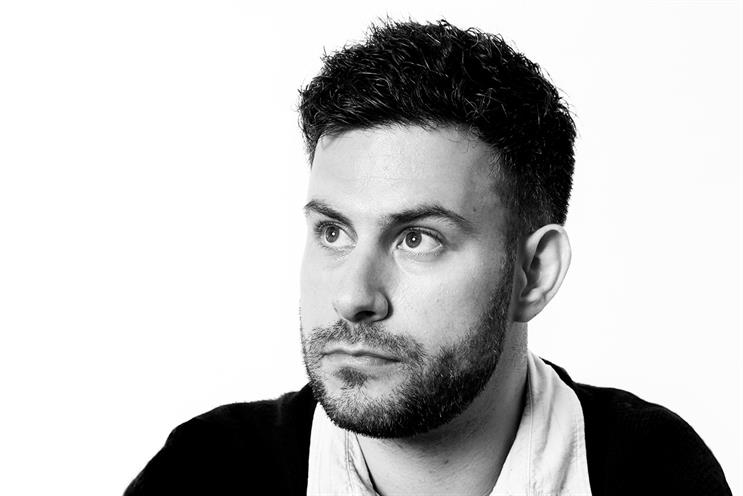Can someone put me in touch with Sir David Attenborough? I’d like to pitch him a new documentary called Media Agency Brands – An Endangered Species.
Look at the recent casualties: in January, Dentsu confirmed that the Vizeum name will disappear as it merges with iProspect and this month Havas announced the defenestration of the Arena Media brand.
We will see further agency brands go by the wayside at the big networks as they simplify their businesses after years of acquisitions. Dentsu is the most radical example, with a plan to consolidate 150 agency brands into six globally.
Attenborough might say forest fires can sometimes be good for the environment because it creates room for new growth. That’s little comfort for many in the short term, because fewer agencies mean less room for our industry’s brightest talent to develop.
But something positive has also been happening. Despite media becoming more automated and driven by technology, we’re seeing agency planners (or former planners) steadily migrate to media owners, particularly the big TV sales houses and the tech platforms.
This exodus includes Tim Pearson, OMD Group UK’s chief executive, who will lead Sky Media’s UK operations from March. Pearson is following in the footsteps of Veriça Djurdjevic (who went from running PHD UK to 4Sales last year), Clare Peters (Manning Gottlieb OMD to Channel 4), Sarah Jones (MediaCom to Sky Media) and Kate Waters (Now to ITV).
Snapchat is in the process of appointing a head of international comms planning, aping the likes of Facebook and Twitter.
“Media owners are trying to build stronger relationships with clients,” one buyer says, noting that fewer buyers are crossing this agency-owner divide.
It reflects a cultural shift on the sales side because TV broadcasters did not really have to “sell” TV in the pre-Netflix era. TV was the obvious place to advertise and so the sales teams were, as one former broadcast executive says, more like “processors of advertising airtime”, rather than sales people.
In this world, it would be normal for media planners to meet with TV broadcasters as little as once or twice a year. “They [sales teams] just didn’t engage with the planning teams,” a former agency media planner recalls. “Everyone knew that TV worked, viewing was still massively high, before the fragmentation across linear and on demand.”
Media agency planners, in particular, have been responsible for managing client relationships by getting a rich grasp of their business and the inner workings of their organisation. As media owners need to work harder to sell themselves to brand marketers, planners find themselves to be among the hottest property in the media talent pool.
This is not only true for traditional media, but also for the “new breed” of digital marketing agencies that are hungry to expand and armed with private equity cash. Venya Wijegoonewardene has just joined Brainlabs from Carat, where she was global strategy partner, while Jellyfish has poached Adam & Eve/DDB’s executive strategy director Tom Roach. These ad tech specialists see the benefit of having more brand expertise as the boundaries between offline and online break down.
This is a good thing for our industry. As painful as the Covid-19 pandemic has been for so many of us, we should emerge stronger and more diverse as a business as more people are encouraged to go outside of their comfort zone.
Omar Oakes is media and technology editor at ±±ľ©Čüłµpk10


